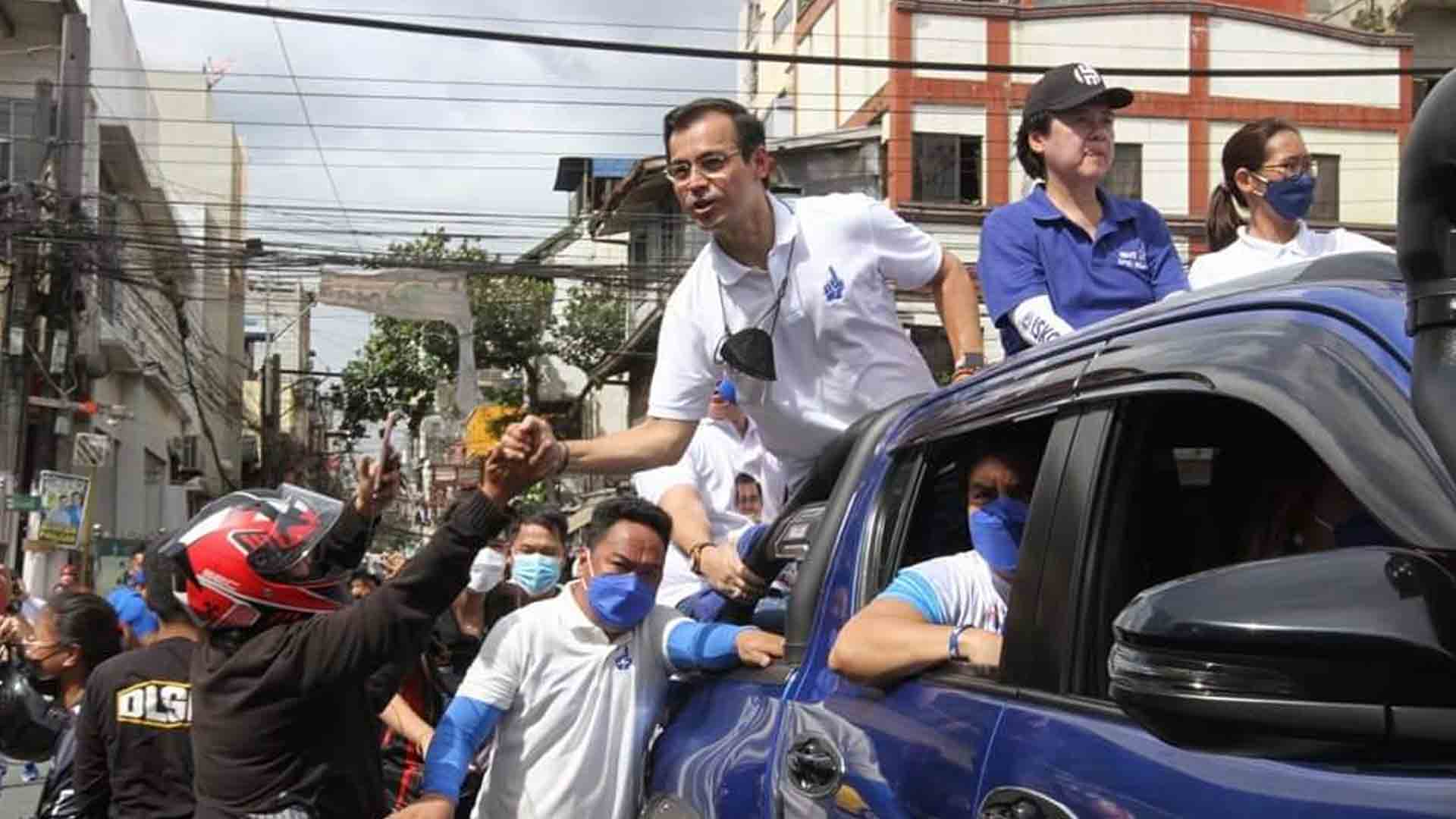Presidential aspirant Francisco “Isko Moreno” Domagoso vowed to strengthen agriculture and education to ensure the country’s food security at a time of pandemic.
Domagoso, in his campaign sortie in Los Baños, Laguna Wednesday said he would invest in food security by reviving the agriculture industry and education, assuring food on every Filipino table.
Taking a lesson from the coronavirus pandemic, Domagoso said the health crisis has exposed the rising global food insecurity, and nations must be prepared for such challenges.
“Los Baños, Laguna is the home of UP Los Baños, the center of agricultural economics. Many professionals in agriculture have been produced here. If I get elected, we will continue to invest in food security and the best way to do it is to revive and strengthen agriculture education,” Domagoso said in Filipino, describing food insecurity as the “number one threat to our national security.”
Aside from the UP campus, Los Baños is also home to the International Rice Research Institute (IRRI), a research organization dedicated to reducing poverty, hunger and malnutrition through rice science.
“Napakinabangan ito [IRRI] ng iba’t ibang bansa, bakit lumabas bandang huli nag i-import na tayo ng bigas tapos nagtataka ako bakit tayo, nawawala na ‘yung bawang sa norte, bakit hirap na hirap ang magsisibuyas sa Nueva Ecija because our market is flooded with imported products, eh paano na ‘yung mga magsasaka (Other countries have benefited from it yet we ended up importing rice from them. I am puzzled as to why garlic production has diminished in the north and onion farmers in Nueva Ecija are having difficulties… because our market is flooded with imported products. What happens now to our own farmers?),” he said.
Investing in agriculture education, he said, would mean improving institutions and the teaching profession and linking them with farmers. (PNA)








